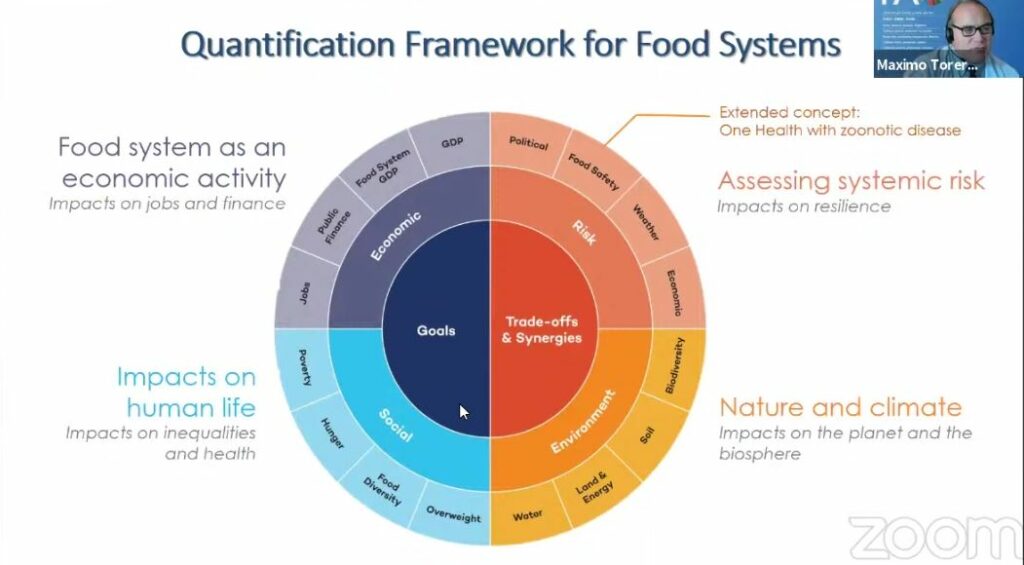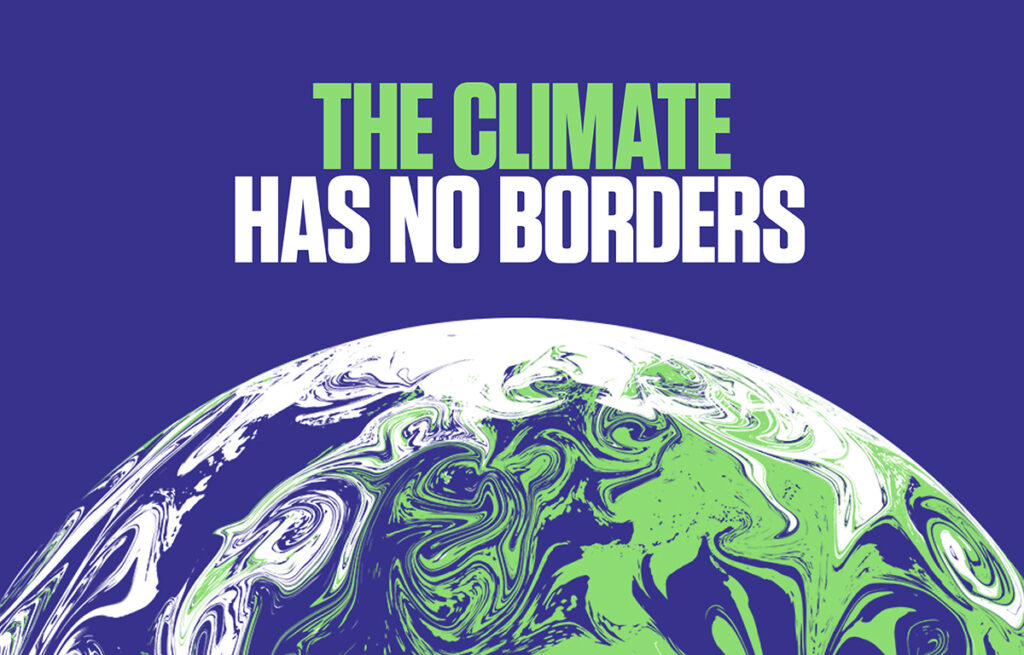
Summary and Reflections leading up to COP26
As part of the MSc CCAFS, in collaboration with the Ryan Institute at NUIG, I was fortunate to be in attendance at the Irish Forum for International Agricultural Development 2021 Annual Conference. Some of the key issues raised included outlining the UN Food Systems Summit and impacts of the COV-19 pandemic on SDG 2, issues relating to trust among various stakeholders and the need for transparency, the newest IPCC report and rising GHG emissions, and the urgency really required leading up to COP26.
Pippa Hackett, Minister of State for Land Use and Biodiversity, had some great opening remarks about the Irish agri-food sector and the need to continue bringing stakeholders and farmers in at early stages of planning. She also highlighted the successes in the last five years with various results based schemes to incentivize farmers to cultivate sustainable practices. Maximo Torero Cullen, Chief Economist of the Food and Agriculture Organisation of the United Nations (FAO), outlined some of the key commitments from the FSS, including the five core areas for action:
- Nourish All People
- Boost Nature Based Solutions
- Advance Equitable Livelihoods and Communities
- Build Resistance to System Shocks
- Means of Implementation

All of the action areas are topics around which coalitions can be formed in a multisystemic approach because all of the areas are connected and have trade-offs. No one sector can solve everything, and cooperation is necessary to enact changes.
More key factors for meaningful commitments to change include accountability, inclusion, and transparency, which were areas of polarization identified at the conference. Sinead Mowlds, Independent Consultant, emphasized the need for transparency within schemes by sharing the selection criteria for programs as well as the exclusion criteria. Issues relating to trust between all actors are crucial for sustainable food systems; without strong collective action we will fall short.
Professor Mark Howden, Vice Chair of Intergovernmental Panel on Climate Change, tackled one of the more contentious issues within discussions of climate change: the economy. The question was raised: ‘Is constant economic growth compatible with reaching net zero?’ And the answer is no. We live in a finite world, regardless of a circular economy. Howden emphasized that we need a sustainable model, not an exponential growth model, stating that “metrics for success drive behavior and need to change; we cannot stay stuck on GDP or GDP at 3% growth.” This point of changing metrics of success is crucial for large scale, long term multi-systems change. With the example of the COV19 pandemic, Howden remarked that “we got behavioural change, not structural change…. people make short term changes in the face of risk, and long term changes based on opportunity.” Understanding this difference is crucial for science communication, and finding a balance between behavioral and structural changes is the ultimate challenge for climate change adaptation and mitigation.
Another area of polarization identified at the IFIAD Conference is a lack of consensus regarding incremental versus transformative change. A lot of the existing systems and structures are essentially on life support; and are actively being kept alive because it is profitable for large lobbies rather than divesting resources into new more sustainable and equitable systems. We also need to be having serious discussions of which actors are included, and who becomes excluded, in policy and decision making processes. As the IFIAD Chair, Charlie Spillane, pointed out in his closing remarks, incremental change can lock us into existing systems, and after decades of negotiation we need to act…quickly.

As for key issues for the Food Systems Summit and COP26 that were not discussed at the the IFIAD 2021 Annual Conference, I was surprised that while there was mention of the need for including smallholders and stakeholders that represent perspectives outside of the large, corporate, industrialized view of food systems, there was not extended discussion of how this might occur. As Maximo Torero Cullen pointed out with the action areas from FSS, the means of implimenting change will be the most difficult. I would be interested to hear more about proposed incentives for farmers and smallholders to be meeting targets, not only with emissions and management practices, but also with increasing farm biodiversity. There was also little discussion of marine food systems or aquaculture at IFIAD, which did surprise me as seafood industry is important to many coastal and island regions, including Ireland. I’m interested to see how the commitments from FSS will bring food security into the bigger conversations about agriculture and climate change at COP26.
